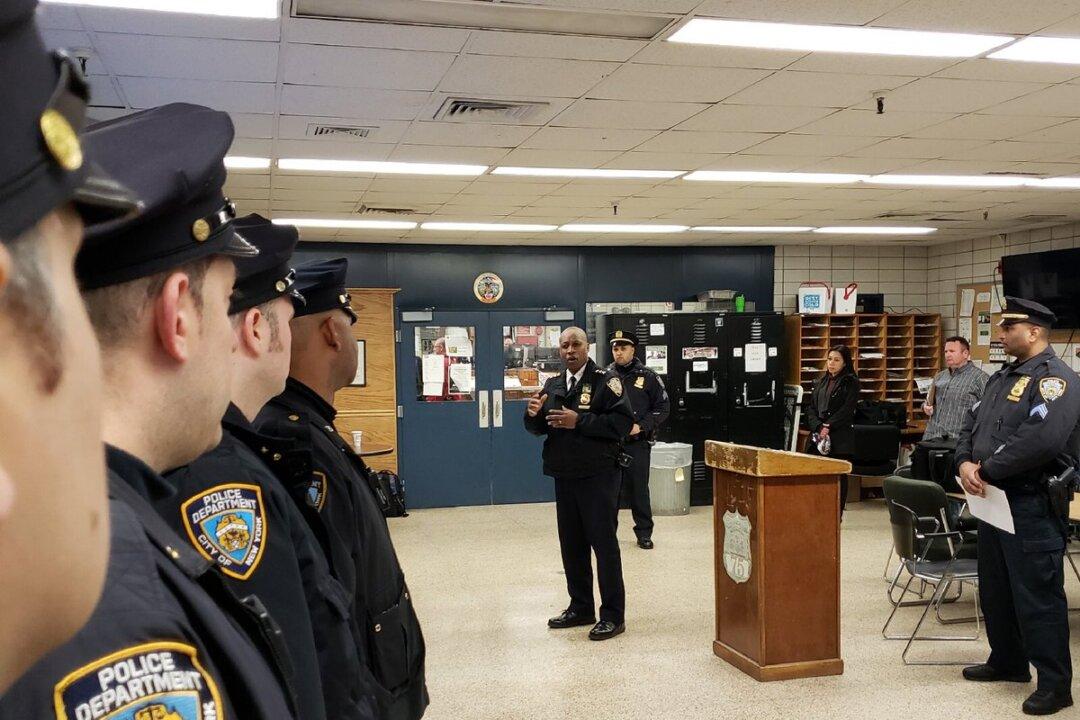Among presentations nationwide on issues critical to America throughout my career, there are programs conducted for students, as well as for educators, that I consider critical to reawakening the nation.
Empowering Students with Character
In my signature presentation for students titled “Be a Person of Character: Change the World,” students are empowered to exemplify lives of character.
The students are motivated to understand their ability to change the world through lives of moral decency.
This presentation honestly assesses contemporary issues that illuminate a crisis of character in head-on collision with a culture of violence.
The program also presents, through graphic images, the tragic consequences of abusing social media.
This abuse is not only dysfunctional, detrimental, and destructive but also dehumanizing. It also indicates an undercurrent within society that is callous, contemptuous, and culpable, especially when pain and suffering is inflicted upon the innocent. The heinous crimes committed against them, with livestreaming, is an alarming commentary on the callousness within society.
Students are pensive during these presentations designed to effect a realignment of our moral compass. The consequences of abusing on-line privileges to influence suicides by cyberbullying are detailed. Other consequences of on-line abuse include emotional torture that leads to depression through cruel texting, and guilty verdicts for transmissions of crimes.
In one incident, a Canadian teen, Rehtaeh Parson, committed suicide after alleged rape and bullying. Rahtaeh was bullied for more than one year after her alleged rape, with authorities confirming a photograph, allegedly showing her sexual assault, circulated via mobile phones and computers.
In another incident, Audrie Pott committed suicide 8 days after attackers involved with her sexual assault posted photos of the crime on line while she was unconscious. All the attackers were arrested for sexual battery.
In still another senseless crime, a “text rage” led to the brutal beating and hospitalization of Josie Lou Ratley in Broward County, Florida.
Empowering Educators to Inspire Character
In my presentations for educators titled “Transforming American Schools: Inspiring Character,” I encourage them to inspire character in the lives of their students. During the program, I argue that inspiring character is only possible when the lives of educators reflect a true concern for their students. Students must see character exemplified in the lives of educators, and the students must know that they are truly cared for.
Educators are empowered to inspire students, animate character, and transform the nation through America’s schools.
In another presentation titled “Principles of Visionary Leadership for Educators: Responding to the Crisis of Character,” the issues of on-line abuse are addressed.
These presentations are designed to transform the nation by reigniting character into the hearts of the entire educational community.
Bystander Effect: Disturbing Incidents
There is a social phenomenon known as the bystander effect that is memorializing tragic on-line incidents.





